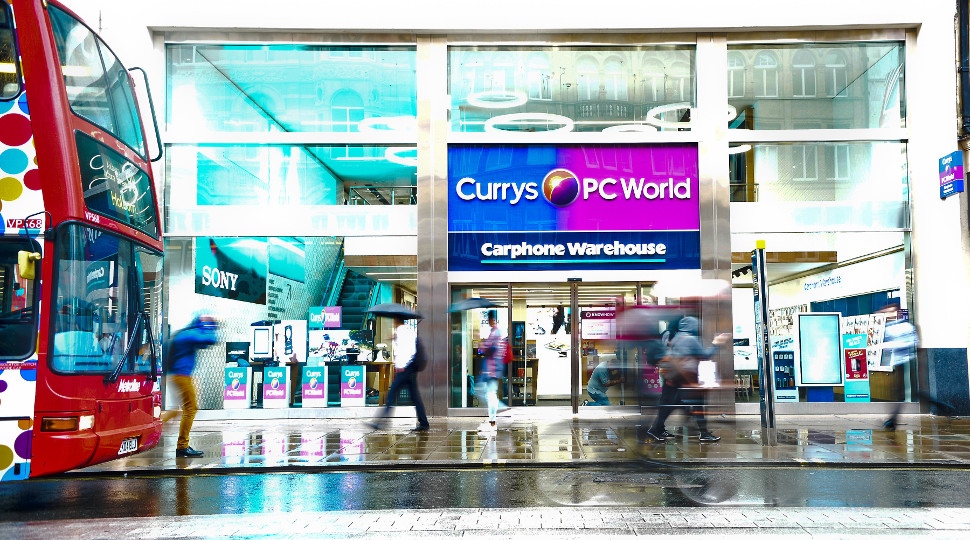Mobile sales fall again at Dixons Carphone
Electrical sales on the rise but mobile challenges remain

Mobile sales at Dixons Carphone continue to decline, but the company will be encouraged by increasing sales of electricals.
In its Christmas trading update, the UK’s largest mobile phone retailer said that like-for-like UK mobile sales had fallen by seven per cent – a figure it expected given lower sales of 24-month contracts.
The company seemed relatively content with that given that it had seemingly retained the same market share at a time when the market as a whole had contracted by eight percent.
Dixons Carphone results
Current CEO Alex Baldock said there had been “good” early progress in the implementation of its recovery strategy, with record “peak” sales of electricals as revenues rose by two per cent. Across the Group, which includes figures from international markets, revenues were also up two per cent.
“Peak trading was solid and in line with expectations, producing record sales against a tough backdrop,” he told investors. “In UK mobile, performance was as expected. Overall, our Peak trading was disciplined and well-executed, with stable gross margins.”
The company suffered a particularly difficult 2018. It started with the departure of CEO Sebastian James and CFO Humphrey Singer following a troubled 2017 in which profits fell considerably and continued with store closures and a significant data breach that saw millions of personal data records and payment cards affected.
A lot of its woes can be attributed to changing consumer habits. Carphone Warehouse is the UK’s biggest mobile phone retailer, but the market is saturating, and people are buying fewer phones. SIM-Only tariffs and SIM-free handsets are becoming increasingly popular and this is having an effect. Margins are being squeezed and sales are flat.
Are you a pro? Subscribe to our newsletter
Sign up to the TechRadar Pro newsletter to get all the top news, opinion, features and guidance your business needs to succeed!
Reset strategy
Baldock’s current strategy centres on a desire to “reset” Dixons Carphone’s relationship with operators so they are more sustainable and believes that combined with plans to improve its technology, train staff and offer credit services, the firm can revitalise its mobile business and drive online sales.
Aside from strong electrical sales – especially in large TVs and gaming – Baldock cited strong performances from its online channels and credit services as he seeks to return Dixons Carphone to growth.
“It will take time and much hard work to unleash the true potential of this business, but we’re on with it,” he added. “I owe a big thank you to 42,000 capable and committed colleagues for all their tremendous hard work to deliver this resilient Peak performance while getting our transformation underway.”
The renegotiation of deals with mobile operators to reflect changing market conditions had been a key pillar of Baldock's strategy. However reports had suggested that Vodafone, O2 and EE were unwilling to offer more favourable terms at a time when they are all heavily investing in their own retail presences.
TechRadar Pro understands the deadlock has been broken with the operators, with Dixons Carphone securing new long-term deals that improve access to SIM-Only tariffs and ease volume commitments. The company is also understood to have secured a new agreement with Three, which withdrew from the retailer in 2013.
Steve McCaskill is TechRadar Pro's resident mobile industry expert, covering all aspects of the UK and global news, from operators to service providers and everything in between. He is a former editor of Silicon UK and journalist with over a decade's experience in the technology industry, writing about technology, in particular, telecoms, mobile and sports tech, sports, video games and media.